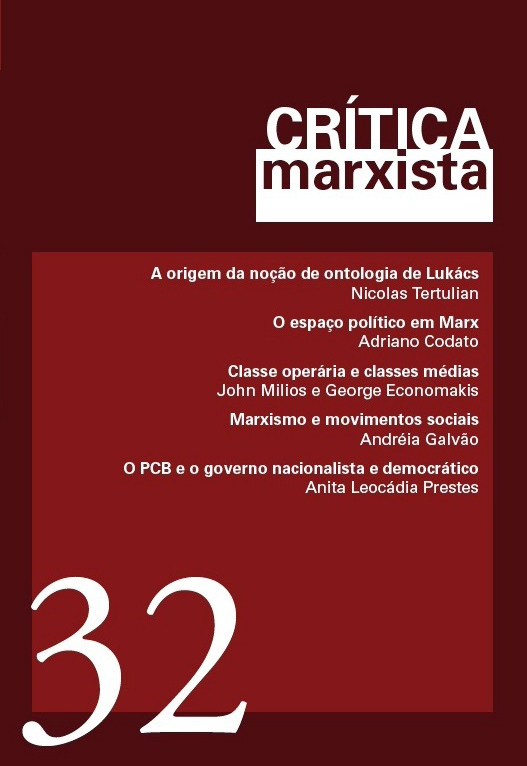Abstract
During the Nuremberg trials, those accused of Nazi crimes (and also in the Tokyo trials against Japanese defendants) were denied the use of the so-called tu quoque principle, that is, arguing that the crimes of which they were being accused were extremely similar to those committed by his accusers. The expression black leyenda, which inspires the subtitle of this essential study by Losurdo, refers to the same principle: it was created by Spanish intellectuals to counter the hypocritical accusations of liberal England, which accused Spain of committing the worst atrocities in its colonies, “forgetting” that it itself committed enormous crimes in its colonial empire. One crime cannot be excused by another, but the function of black legends is to make us believe that the criminals are always others.
References
MORAES, Francisco Quartim de. Stalin: história crítica de uma lenda negra. Crítica Marxista, Campinas, SP, v. 18, n. 32, p. 179–182, 2011. https://doi.org/10.53000/cma.v18i32.19391

This work is licensed under a Creative Commons Attribution 4.0 International License.
Copyright (c) 2011 Francisco Quartim de Moraes
